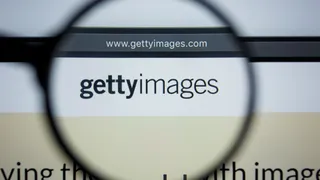
Why is South Africa not interested in compulsory licences?
Under the South African Patents Act 57 of 1978, the South African government is able to acquire or make use of a patent. However, the government has never made use of these provisions in order to free itself from the limited monopoly granted to a patentee, despite the challenges the country has faced in the area of medicine such as during the HIV/AIDS crisis in the early 2000s when the HIV/AIDS epidemic accelerated. In 2018, there were approximately 7.7 million people now living with the virus in the country.
Already registered?
Login to your account
If you don't have a login or your access has expired, you will need to purchase a subscription to gain access to this article, including all our online content.
For more information on individual annual subscriptions for full paid access and corporate subscription options please contact us.
To request a FREE 2-week trial subscription, please signup.
NOTE - this can take up to 48hrs to be approved.
For multi-user price options, or to check if your company has an existing subscription that we can add you to for FREE, please email Adrian Tapping at atapping@newtonmedia.co.uk

